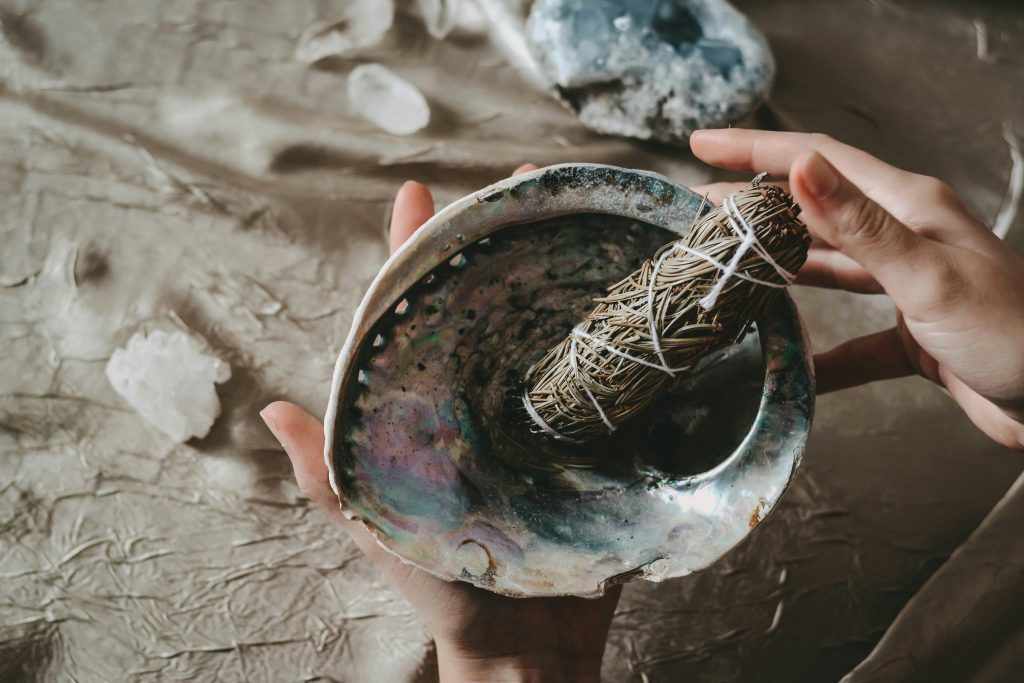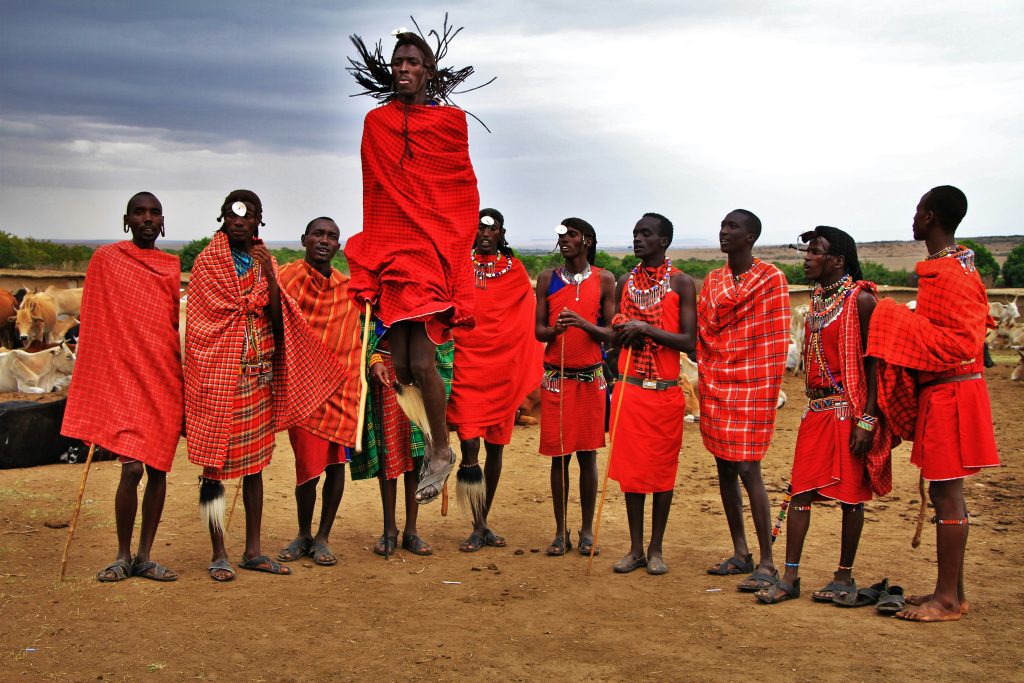Africa is a continent rich in history, culture, and diversity, where traditions are passed down from generation to generation. One of the most significant aspects of African culture is its rituals—ceremonies, rites, and customs that hold deep spiritual, social, and cultural meaning. From birth to death, and everything in between, rituals shape the lives of millions of people across the continent. These practices not only preserve African heritage but also reflect the values, beliefs, and identities of the various communities.
In this blog post, we will embark on a journey through time and culture to explore the richness of African rituals. Whether religious, social, or cultural, each ritual plays an important role in sustaining the fabric of African societies.
A Historical Overview of African Rituals
The roots of African rituals stretch back thousands of years, deeply entwined with the continent’s traditional belief systems. Before the spread of Abrahamic religions (Christianity and Islam), African societies had their own indigenous religious practices, many of which revolved around a belief in ancestral spirits, nature deities, and the spiritual world. These rituals were intended to honor the divine, bring about good harvests, ensure the fertility of the land, and maintain harmony within communities.
African rituals have been shaped by the land and people. In many rural areas, rites of passage are tied to agricultural cycles, while in urban settings, modern life has influenced the evolution of these practices. Yet, the spiritual and communal purpose remains the same—rituals are designed to reinforce the connections between individuals, their communities, and the unseen forces that govern their lives.
Rites of Passage: Defining Life’s Transitions
One of the most well-known and powerful rituals in African culture is the rite of passage, marking the key transitions in an individual’s life. These rituals celebrate important milestones such as birth, puberty, marriage, and death.
- Birth Rituals: In many African communities, the birth of a child is a highly anticipated event. Special prayers and ceremonies are performed to welcome the newborn and protect them from evil spirits. The naming ceremony, often held days or weeks after birth, is a major event in many cultures, where the child is given a name that often holds deep meaning related to the family’s history or aspirations.
- Initiation and Puberty Rites: Initiation rituals are a significant part of African societies, particularly in sub-Saharan Africa. In many ethnic groups, young boys and girls undergo initiation ceremonies to mark their transition from childhood to adulthood. These rites often include tests of endurance, wisdom, and responsibility and are designed to prepare the individual for adult responsibilities in society.
- Marriage and Family Rituals: Marriage is a momentous event in African culture, with elaborate rituals that involve both the bride’s and groom’s families. Traditional weddings often feature a series of ceremonies, including negotiations between families, the exchange of gifts, and the blessing of the union by elders or spiritual leaders. These rituals symbolize the coming together of two families and the continuity of life.
- Funeral Rites: Death is seen as a transition to the afterlife, and the rituals surrounding it reflect deep respect for the deceased. Funeral ceremonies vary widely across the continent but typically include elaborate rites to honor the spirit of the deceased and ensure they are peacefully escorted into the next life. In some cultures, celebrations of life occur months or even years after death, when the family feels ready to honor the spirit.

Spiritual and Religious Rituals: Connecting with the Divine
African spirituality is deeply embedded in rituals that are performed to connect with divine forces. These spiritual practices can be found in many forms, from traditional African religions to those influenced by Christianity and Islam. However, the underlying principle remains the same: to seek divine favor, blessings, and protection.
- Sacrifices and Offerings: Across various African traditions, the practice of making offerings or sacrifices to gods, ancestors, or spirits is common. These rituals are thought to appease spiritual beings, seek guidance, or request intervention in times of trouble. Offerings could range from food, drinks, and livestock to symbolic gifts such as beads, cloth, and other items that hold cultural significance.
- Healing and Divination: Rituals related to healing are an essential part of African spiritual practices. Traditional healers, known as herbalists, shamans, or medicine men, perform ceremonies that invoke ancestral spirits to diagnose and treat ailments. In some cultures, divination is also practiced through rituals like casting cowrie shells or consulting oracles, allowing individuals to seek answers from the spiritual world.
Festivals and Celebrations: Joyous Expressions of Culture
African rituals aren’t just about transitions and spiritual connection; they are also about celebrating life, nature, and the collective community. Festivals are key components of African rituals, with vibrant celebrations that mark important events like harvests, seasons, and historical anniversaries.
- The Ouidah Voodoo Festival (Benin): This festival celebrates Voodoo, an ancient African religion practiced in Benin and other parts of West Africa. It is a joyous occasion featuring parades, dancing, drumming, and rituals meant to honor the spirits of the land. People travel from all over the world to participate in this colorful festival, which serves as a spiritual pilgrimage as well as a celebration of African heritage.
- Durbar Festival (Nigeria): The Durbar Festival is an annual celebration in Nigeria, particularly in the northern region. It marks the end of Ramadan and features grand parades of horse riders, drummers, dancers, and warriors dressed in colorful attire. The festival is a show of wealth, power, and pride, and is attended by thousands of people from different ethnic and religious backgrounds.
- The Timkat Festival (Ethiopia): Celebrated in January, Timkat is the Ethiopian Orthodox Church’s celebration of Epiphany. The festival commemorates the baptism of Jesus Christ and is marked by vibrant processions, music, dance, and the ceremonial reenactment of the baptism in the River Jordan. It is one of the most important religious festivals in Ethiopia, attracting both locals and tourists.
Preserving African Rituals: A Cultural Legacy
While many African rituals have evolved or merged with modern practices, they continue to play a crucial role in maintaining cultural identity and unity. These rituals are more than just events—they are a reflection of African values, beliefs, and history, passed down through generations. They remind the people of Africa of their roots, their strength, and their connection to the land and their ancestors.

In the face of globalization and modernization, there is a growing movement to preserve and revitalize African rituals. Communities are recognizing the importance of these practices in maintaining cultural heritage, and efforts are being made to ensure that younger generations understand and appreciate their traditions.
Conclusion: The Timeless Power of African Rituals
The richness of African rituals is a testament to the continent’s deep connection to its past and its enduring cultural legacy. Whether through rites of passage, spiritual ceremonies, or joyous festivals, these rituals bring people together, strengthen communities, and provide a sense of belonging. In a rapidly changing world, African rituals remain a powerful reminder of the continent’s identity, values, and deep spiritual roots.
As we honor these time-honored traditions, we celebrate the resilience and wisdom of Africa’s diverse cultures—ensuring that their legacy continues to inspire and shape future generations.
Get real time update about this post category directly on your device, subscribe now.



